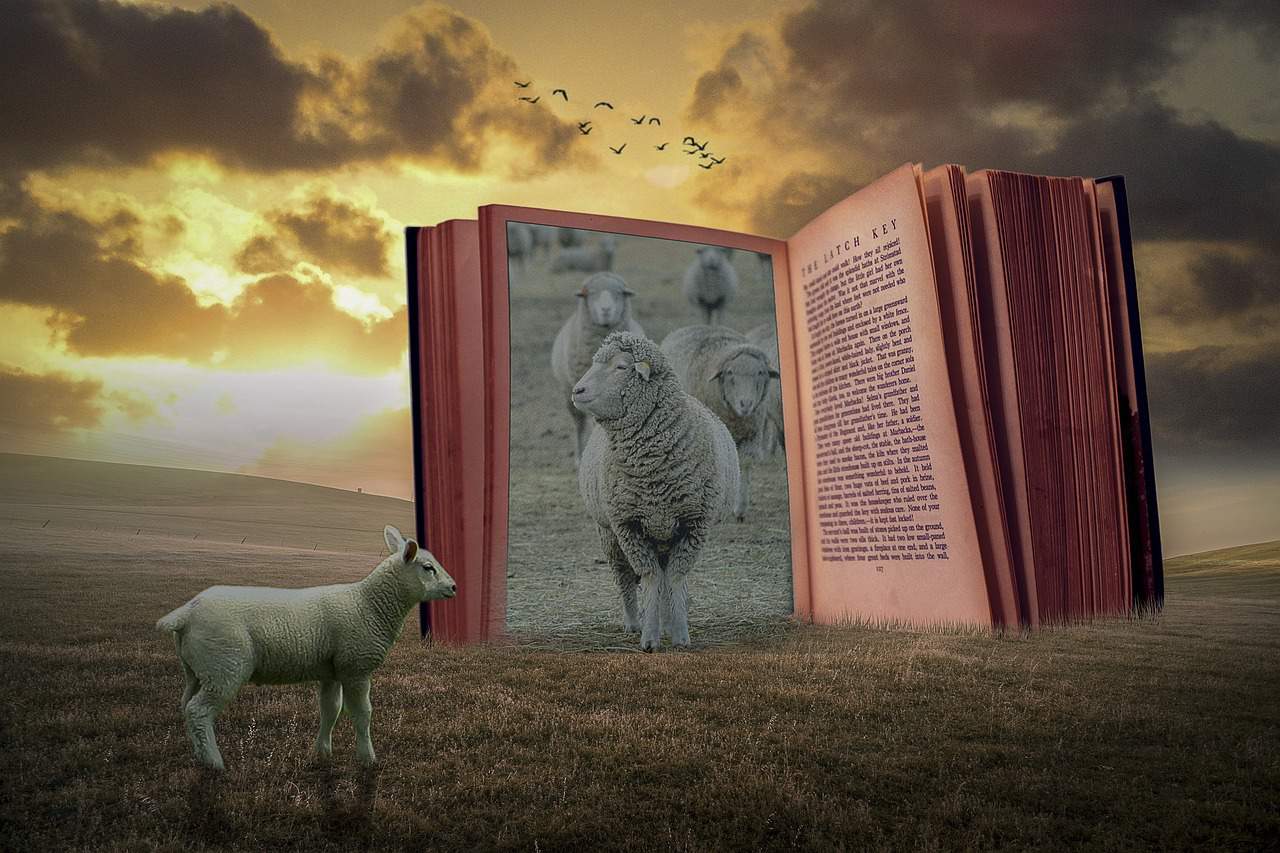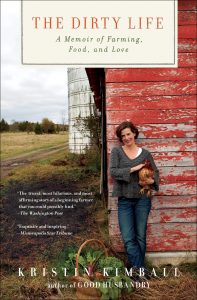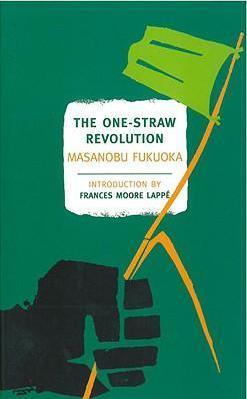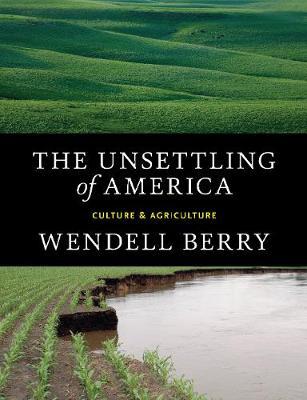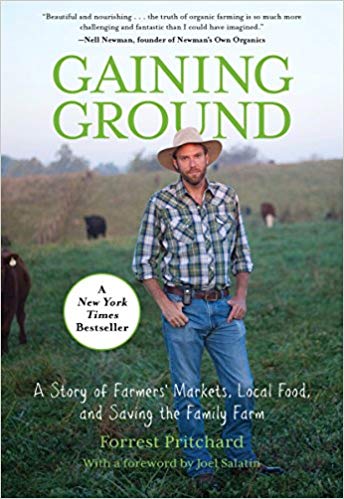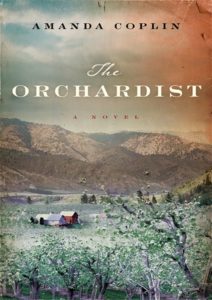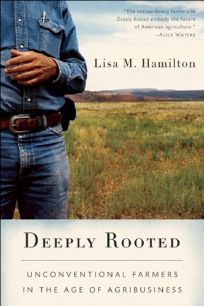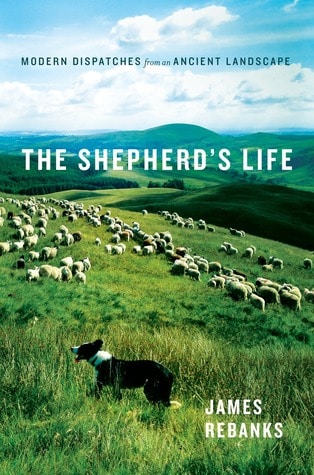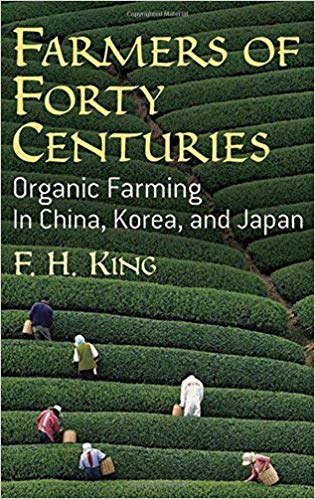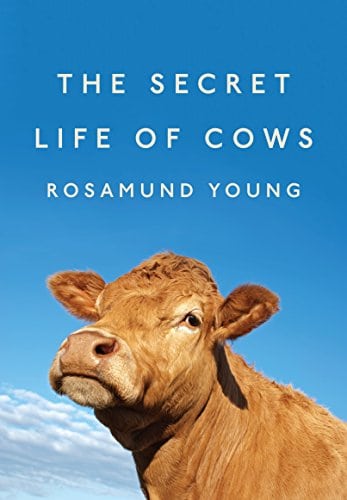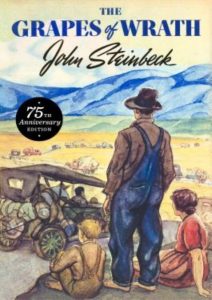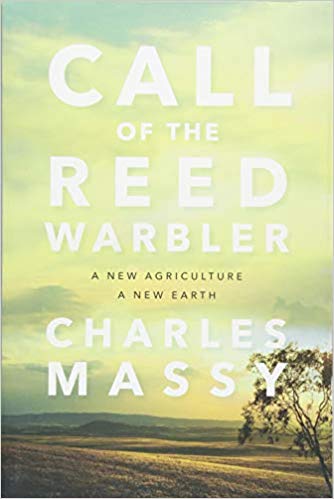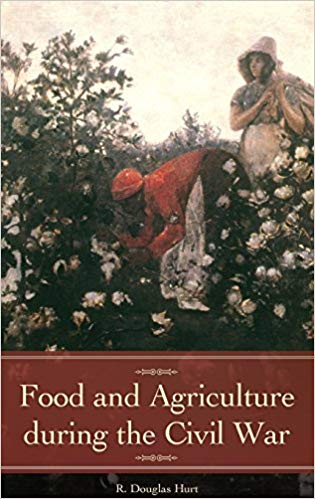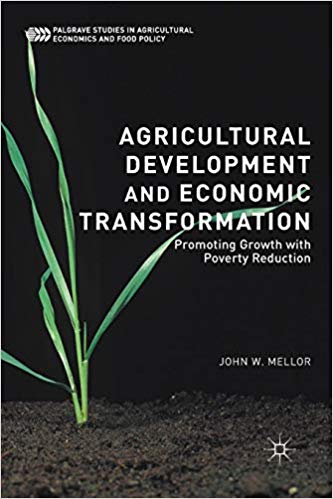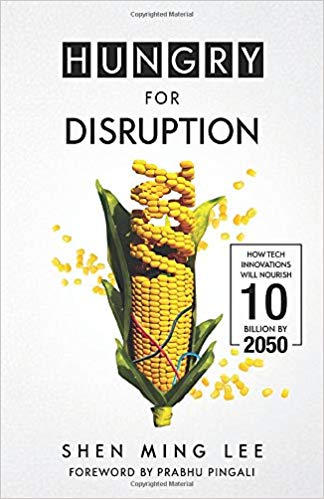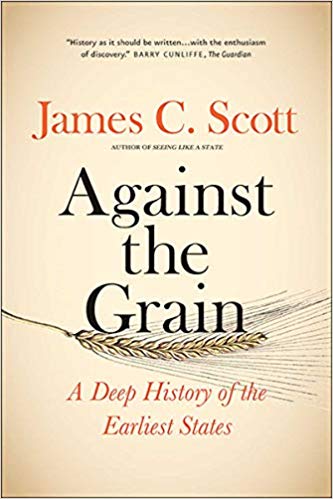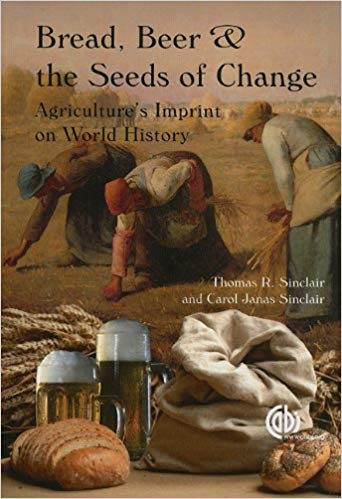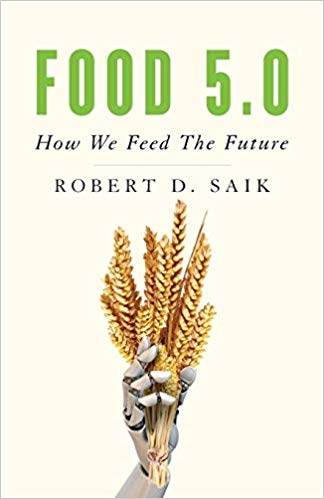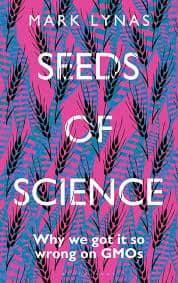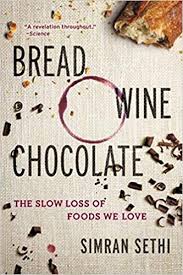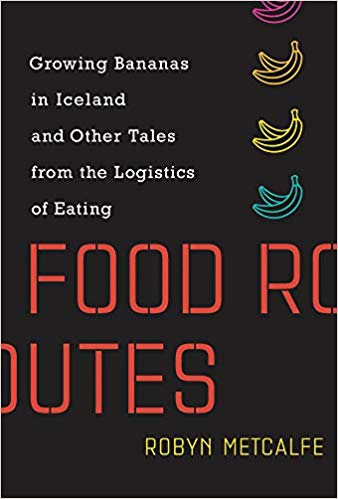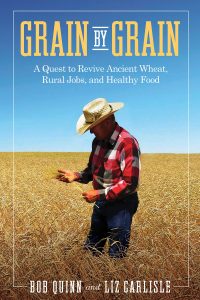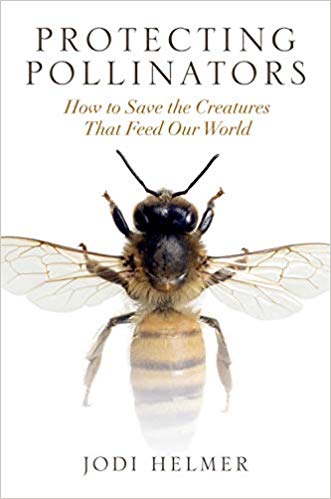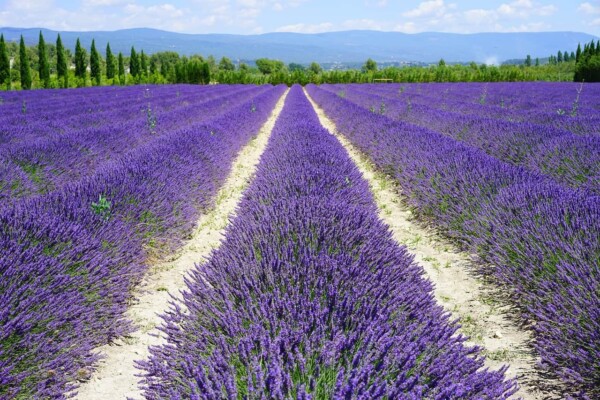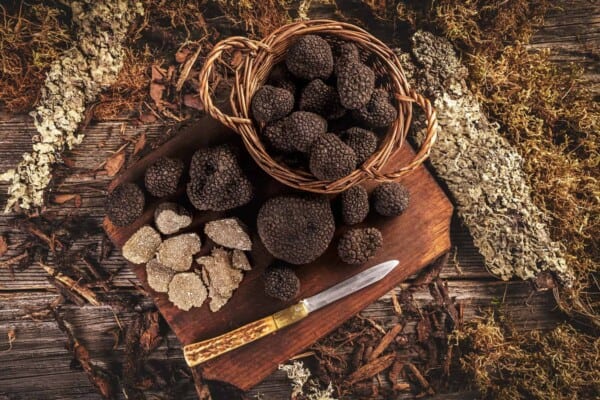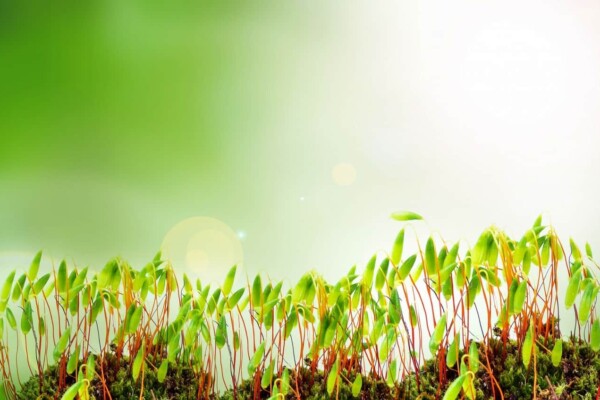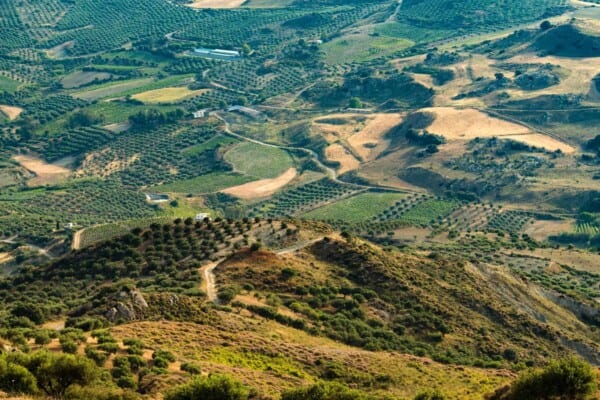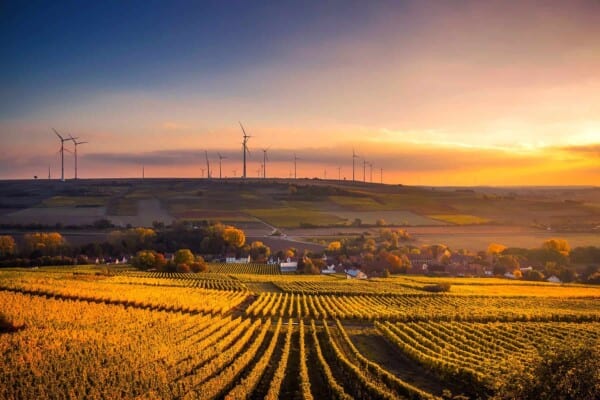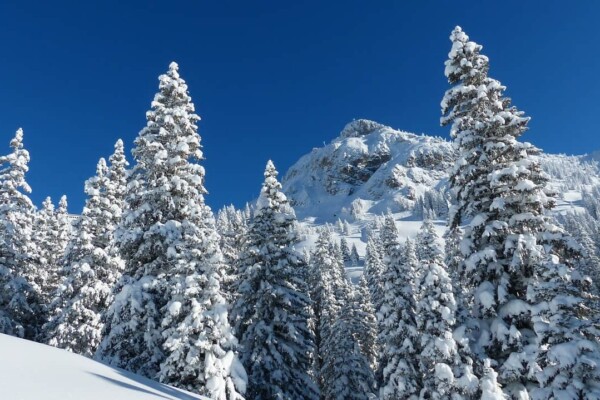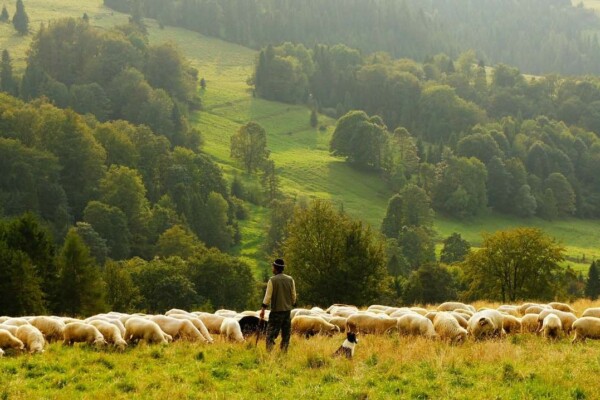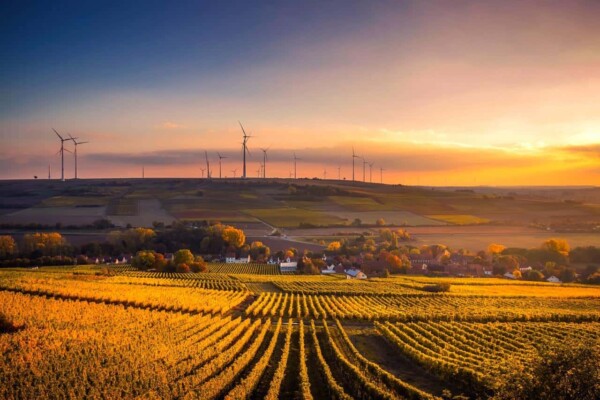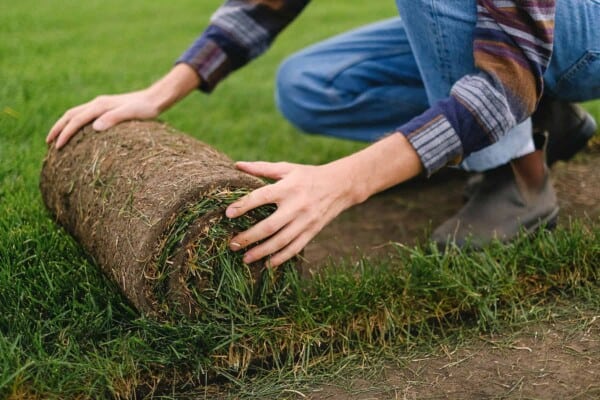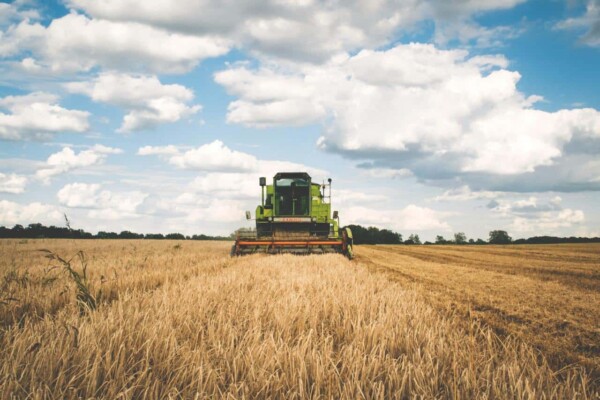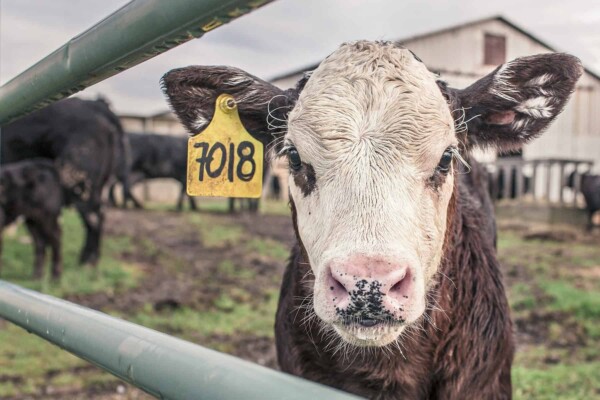While handbooks and scientific studies are always an interesting read for those interested in farming and all agriculture-related aspects, we decided to gather a list of books about farming that go one step further into the various aspects, problems and statistics regarding modern agriculture, food resources and the historical development of farming.
Also, there are a few fiction books included on the list, just to spice it up a little and to offer an alternative for those who would like to read about farming-related stories.
This is by no means an exhaustive list, but we included some of the most popular, hyped-up and intriguing book recommendations that can surely make for an interesting read.
1. The Dirty Life: On Farming, Food and Love by Kristin Kimball
Thirty-something New Yorker Kristin Kimball discovers the satisfaction and hard work implied by owning a farm near Lake Champlain after she decided to change her entire life by marrying a farmer and abandoning her busy big city life. The book recounts the couple’s adventure in their first year at the Essex Farm while trying to achieve a somewhat romantic goal: to grow everything needed to feed an entire community. Luckily, Kimball’s farm bet was successful as their farm has become a popular attraction for locals who come by weekly to buy their food supplies. Everything is grown on the farm, using compost as fertilizer and draft horses instead of tractors.
2. The One-Straw Revolution by Masanobu Fukuoka
If Fukuoka’s name sound familiar to you, then you may know him as one of the strong advocates of natural farming, as many farmers even use the so-called Fukuoka method on their ecological farms. Farming means so much more to Masanobu Fukuoka; it’s practically a lifestyle. His approach to farming is based on letting nature do its thing, without weeding, without tilling, without using any fertilizers and pesticides. Asides from this back to basics approach, the author also weighs in on the impact farming has on human life overall, including in a spiritual aspect.
3. The Unsettling of America: Culture and Agriculture by Wendell Berry
Berry sees good farming practices as a spiritual discipline and cultural development and, in his opinion, farming was taken away from where it belonged, supplying food resources for families and communities and it became a highly industrialized process that destroyed many natural resources during the process. From soil, animal and insect populations to entire eco-systems, some farming practices have done more harm than good and this book is a plea to bringing farming back to where it belongs: establishing a connection between people and nature.
4. Gaining Ground: A Story of Farmers’ Markets, Local Food and Saving the Family Farm by Forrest Pritchard
Partially a memoir, the book tells the story of a young farmer who decides to save his family’s farm by doing some drastic changes in the way they grow their food. Organic farming was the solution used to turn the small farm into a profitable one, by supplying organic products, following the increasing demand for organic food on local markets. It’s not a simple how-to manual on organic farming, but a life-changing experience for the author and the implications it had on both his professional and personal life.
5. The Orchardist by Amanda Coplin
Stepping back from memoirs and essays, this is a novel that tells the fictional story of a family that has an incredible connection with their land. A lonely orchardist, preoccupied with growing his trees and selling them at the local market decides to open his heart and his home to two young girls that require help. While the sisters have their troubled past to deal with, the orchardist also has his demons to fight with and the orchard is the most precious thing he owns and quite possibly what keeps him alive. It’s a beautiful and tragic story about rural life, about family (whether biological or not) and about the joys a piece of land can bring to a troubled soul.
6. Deeply Rooted: Unconventional Farmers in the Age of Agribusiness by Lisa M. Hamilton
The book dives into the lives and farming approaches of three different individuals: a dairy farmer, a rancher, and an organic farmer. Each of the farmers has his methods, focus and is depending on the particularities of different regions in the USA, but all of them share the same principles of loving the land and being grateful for the food it produces. The three different stories also focus on some of the historical aspects of each type of farming and the threats that they have to deal with while also trying to establish their place in the modern society where farmers have been pushed back from leaders in their communities to simple farmworkers.
7. The Shepherd’s Life: A People’s History of the Lake District by James Rebanks
James Rebanks comes from a long line of shepherds which give him not only complex insight into life on a sheep farm but also a deep understanding of the connection between man, animals, and land. Each year, a new cycle repeats, from the birth of the new lambs in the spring to the struggle of offering a proper shelter to sheep during winter. This is not just a shepherding handbook, although it offers a lot of details about the seasonal chores that shepherds must do, it’s also a memoir and a vivid tale about an ancient-old practice that has lost its meaningfulness to the modern society asides for the ones who are still practicing it.
8. Farmers of Forty Centuries: Organic Farming in China, Korea and Japan by Franklin Hiram King
Franklin Hiram King was a former official of the US Department of Agriculture when he decided to travel to Asia in the early 1900s wanting to learn how farmers from Asian countries were able to achieve such successful harvests without exhausting the soil. The book is a study of waste-free methods of cultivation and it reveals some of the secrets of ancient farming methods that are still used to this day in some parts of the world. It’s an interesting read for those who want to learn more about the history of farming in Asia, as well as about interesting farming methods used successfully for centuries.
9. The Secret Life of Cows by Rosamund Young
Based on her own experience working at her family’s farm, the author is offering some insight on cattle behavior, their instincts and what makes them happy. As weird as it sounds, many studies have shown that animals that are properly cared for offer better quality produce and they also have an increased production quantity. While it shouldn’t be viewed as a manifesto for vegetarians (because the end result is still the same for the cattle who are grown for beef), this can be viewed as a plea to offer better treatment to farm-raised animals.
10. The Grapes of Wrath by John Steinbeck
A classic in American writing, the novel of award-winning writer John Steinbeck is much more than a portrait of a family drama. The events take place during the Dust Bowl migration in the 1930s and it tells the story of an Oklahoma family who is forced to leave their home in search of the promised land in California. The land almost becomes a separate character in the novel, because it shows how important it is for farmers’ families and for communities whose lives depend on whether they have enough crops to sell and to sustain themselves. Of course, it also makes for a compelling read because of Steinbeck’s writing talent.
11. Call of the Reed Warbler: A New Agriculture, A New Earth by Charles Massy
Farmer and author Charles Massy explores the principles of regenerative and transformative agriculture, as well as the connection between the plants we grow in the soil and our health. By calling out the mistakes that were made during the industrialization of agriculture, he shows through several examples how innovative farmers can change the landscape of modern agriculture, how to protect and increase the biological richness of the soil and he also offers some important details about the problems that Australian farmers have to deal with.
12. Food and Agriculture during the Civil War by R. Douglas Hurt
For those who are not familiar with the American Civil War, agriculture was an element of power for both sides during this conflict. From the attempts to limit cotton production in the South, to slavery as a key agricultural resource, agriculture had many implications for the North and the South during the Civil War. The book examines the historical context during which cotton plantations were an important income resource as well as the transition from using slaves as farm workforce to free workers, as well as the experiments made in the North with other cultures such as tobacco or sugar.
13. Agricultural Development and Economic Transformation: Promoting Growth with Poverty Reduction by John W. Mellor
Mellor’s book examines the role of agriculture in the economic development of low-income and middle-income countries and the ways of accelerating agricultural growth in these regions as well as poverty reduction. It is also an in-depth analysis of various elements of agricultural modernization, with a strong emphasis on the role of governments to accelerate growth in the agricultural sectors dominated by private businesses.
14. Hungry For Disruption: How Tech Innovations Will Nourish 10 Billion By 2050 by Shen Ming Lee
Today’s most pressing food production problems are requiring new solutions to ensure fast and fresh food resources for a growing population. The author offers a futuristic vision on agriculture that embraces scientific and technological advances and innovations in food. Smart agriculture, new farming systems, cellular agriculture, and food waste management are just a few of the topics covered by Shen Ming Lee in this book.
15. Against the Grain: A Deep History of the Earliest States by James C. Scott
Scott offers an unique perspective on the historical development of the earliest states, in connection with the decision of our ancestors to abandon a predominantly hunting lifestyle in favor of animal domestication and growing cereals. According to the author, the first agrarian states were born due to several factors, including planting crops, livestock breeding and the role of the state in the development of communities that depended on these resources to survive. The book further explores the advantages of mobile subsistence, disease, and epidemics arisen from crowding plants and the importance of “unfree” agricultural labor for early states.
16. Bread, Beer and the Seeds of Change: Agriculture’s Imprint on World History by Thomas R. Sinclair
The book traces the impact of cropping and food preparation in 10 different societies, considering that the history of humankind, in general, is strongly tied to the history of agriculture. From the ancient Greeks and Romans to modern-day societies, the author addresses the implications and the advances of technology in agriculture. Also, it offers a vision regarding the future of agriculture in terms of food supply and for the production of biofuels.
17. Food 5.0: How We Feed the Future by Robert D. Saik
While food choices have become part of a certain lifestyle, such as vegan or paleo, we shouldn’t ignore the problems agriculture has to face while trying to ensure enough food supplies for a population of almost 10 billion people by 2050. Saik proposes possible solutions for farmers who need to increase their production to up to 70% in the next 30 years to cover the food demand, by transitioning from basic agricultural practices to advanced technological innovations such as robotics and state-of-the-art machinery.
18. Seeds of Science: Why We Get It So Wrong On GMOs by Mark Lyons
Using the controversies related to the use of GMOs in modern agriculture, eco-activist Mark Lyons tries to showcase how scientists are doing their best to develop new farming methods to meet the world’s food supply requirements causing minimal ecological harm at the same time. Despite all the negative opinions on GMOs, these are, in Lyons’ opinion, possibly the only solution for the future of agriculture and this book reveals all the arguments he makes to explain why this is not a bad solution in the first place.
19. Bread, Wine, Chocolate: The Slow Loss of Foods We Love by Simran Sethi
As much as there seems to be an abundance of food products on the shelves of supermarkets and grocery stores all over the world, the shocking truth is that almost all of them taste the same because they are all made using the same ingredients. The book follows Simarn Sethi while traveling to coffee forests in Ethiopia, to British yeast culture labs and to cocoa plantations in Ecuador to find out why our food tastes the same and how it affects our health, our culture, and our traditions. At the same time, this is a manifesto on eating more consciously and a better understanding of new and familiar foods.
20. Food Routes: Growing Bananas in Iceland and Other Tales from the Logistics of Eating by Robyn Metcalfe
Metcalfe deconstructs the most common foods we find in restaurants such a simple slice of pizza and traces back the ingredients to their source while trying to find the answer to what “local” food means or how the food that comes at our table is harvested, transported, eaten and sometimes it’s simply wasted. By looking into the real sources of various foods, the author is making sure that we will never look the same way at food again.
21. Grain by Grain: A Quest to Revive Ancient Grains, Rural Jobs and Healthy Foods by Bob Quinn and Liz Carlisle
Bob Quinn is a fourth-generation farmer, organics advocate and entrepreneur, who reintroduced kamut as a grain in the food supply chain. His approach to farming is simple and straightforward: by growing organic and nutrient-dense food, we will obtain real value instead of the cheap food that has degraded our resources, our communities and ultimately our crops.
22. Protecting Pollinators: How to Save the Creatures that Feed Our World by Jodi Helmer
Pollinators are the creatures we should be all be grateful to that we have food to put on our table. Unfortunately, approximately half of the 200,000 species of pollinators (bees, birds, bats, and other insects) are disappearing, putting our entire food supply in jeopardy. The book showcases the sad and discouraging statistics that reveal the harmful environmental impact of industrialization and the heavy use of chemical substances, but it also offers possible solutions on how to reverse these damaging effects.
Hopefully, our list of books about farming offers you some suggestions to add to your reading list depending on the topics you find most compelling. Also, feel free to share your book recommendations in the comments below!
Contents
- 1. The Dirty Life: On Farming, Food and Love by Kristin Kimball
- 2. The One-Straw Revolution by Masanobu Fukuoka
- 3. The Unsettling of America: Culture and Agriculture by Wendell Berry
- 4. Gaining Ground: A Story of Farmers’ Markets, Local Food and Saving the Family Farm by Forrest Pritchard
- 5. The Orchardist by Amanda Coplin
- 6. Deeply Rooted: Unconventional Farmers in the Age of Agribusiness by Lisa M. Hamilton
- 7. The Shepherd’s Life: A People’s History of the Lake District by James Rebanks
- 8. Farmers of Forty Centuries: Organic Farming in China, Korea and Japan by Franklin Hiram King
- 9. The Secret Life of Cows by Rosamund Young
- 10. The Grapes of Wrath by John Steinbeck
- 11. Call of the Reed Warbler: A New Agriculture, A New Earth by Charles Massy
- 12. Food and Agriculture during the Civil War by R. Douglas Hurt
- 13. Agricultural Development and Economic Transformation: Promoting Growth with Poverty Reduction by John W. Mellor
- 14. Hungry For Disruption: How Tech Innovations Will Nourish 10 Billion By 2050 by Shen Ming Lee
- 15. Against the Grain: A Deep History of the Earliest States by James C. Scott
- 16. Bread, Beer and the Seeds of Change: Agriculture’s Imprint on World History by Thomas R. Sinclair
- 17. Food 5.0: How We Feed the Future by Robert D. Saik
- 18. Seeds of Science: Why We Get It So Wrong On GMOs by Mark Lyons
- 19. Bread, Wine, Chocolate: The Slow Loss of Foods We Love by Simran Sethi
- 20. Food Routes: Growing Bananas in Iceland and Other Tales from the Logistics of Eating by Robyn Metcalfe
- 21. Grain by Grain: A Quest to Revive Ancient Grains, Rural Jobs and Healthy Foods by Bob Quinn and Liz Carlisle
- 22. Protecting Pollinators: How to Save the Creatures that Feed Our World by Jodi Helmer

